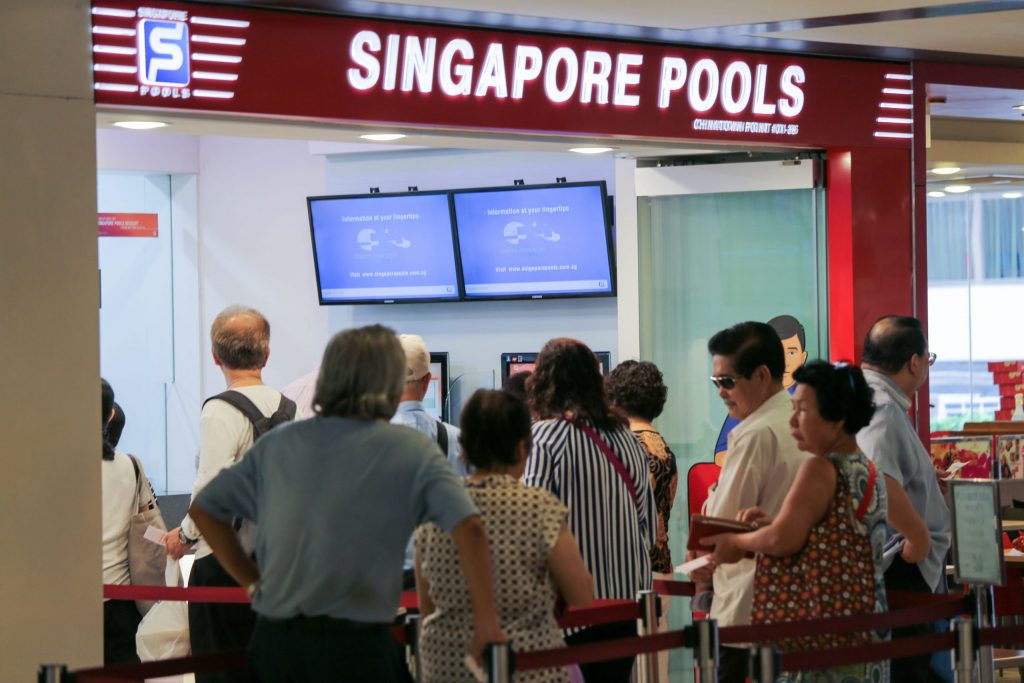Adversity-Hope Hypothesis: Air Pollution Raises Lottery Demand in China
February 14, 2022

The Toto Hongbao lottery draw is held during Lunar New Year. This annual lottery routinely attracts thousands of punters seeking to land the coveted jackpot prize consisting of millions of dollars. Some punters have even played the lottery for decades despite economic downturns and intensifying climate change.
Amidst the consistent volumes of lottery participants, could there be a relationship between lottery demand and hopes for more certainty in the future? In ‘Adversity-Hope Hypothesis: Air Pollution Raises Lottery Demand in China’ (SSRN, 2021), Professor Soo Hong Chew and Associate Professors Haoming Liu and Alberto Salvo (NUS Economics) tested whether air pollution as a measure of adversity is causally related to lottery as a demand for hope in China.
The researchers employed the ‘adversity-hope hypothesis’ where hopeful activities are used to avoid acknowledging uncertain and challenging times. This hypothesis allowed the researchers to theorise how adverse circumstances increase the perceived ‘hopeful’ value of a lottery ticket. An emphasis is made on how consumers ‘buy hope’ through the anticipation of winning the lottery, rather than feel optimistic or lucky about their chances of winning the lottery.
By studying lottery and air pollution data across Chinese provinces, the researchers first found that air pollution did cause an increase in lottery sales. Second, lottery demand was also higher in the morning as compared to the afternoon. This indicates that consumers maximised their ‘purchase’ of hope by feeling hopeful for a longer time before lottery results were released in the evenings. Third, validity of the adversity-hope hypothesis was also affirmed when the researchers tested Taiwan’s lottery demand against its air pollution data. Using the same procedures, this study’s results were similar to the China study. Online platforms could also have increased risk taking as recreational gambling is made more accessible via digital platforms.
From this study, the researchers argue that lotteries are a channel for hope during adverse circumstances, encouraging risk-taking and hopefulness amidst future uncertainties. Nonetheless, hope channels exist beyond recreational gambling, including the use of commemorative candles lottery-type stocks. Future work studying hope-seeking behaviour could explore broader types of adversity shocks, including the increasing occurrences of extreme air pollution in Singapore.
Read the article here.
